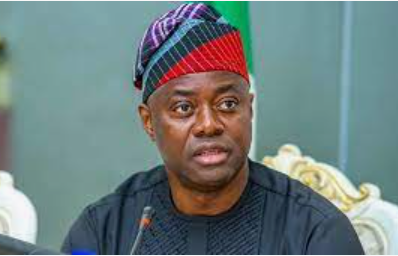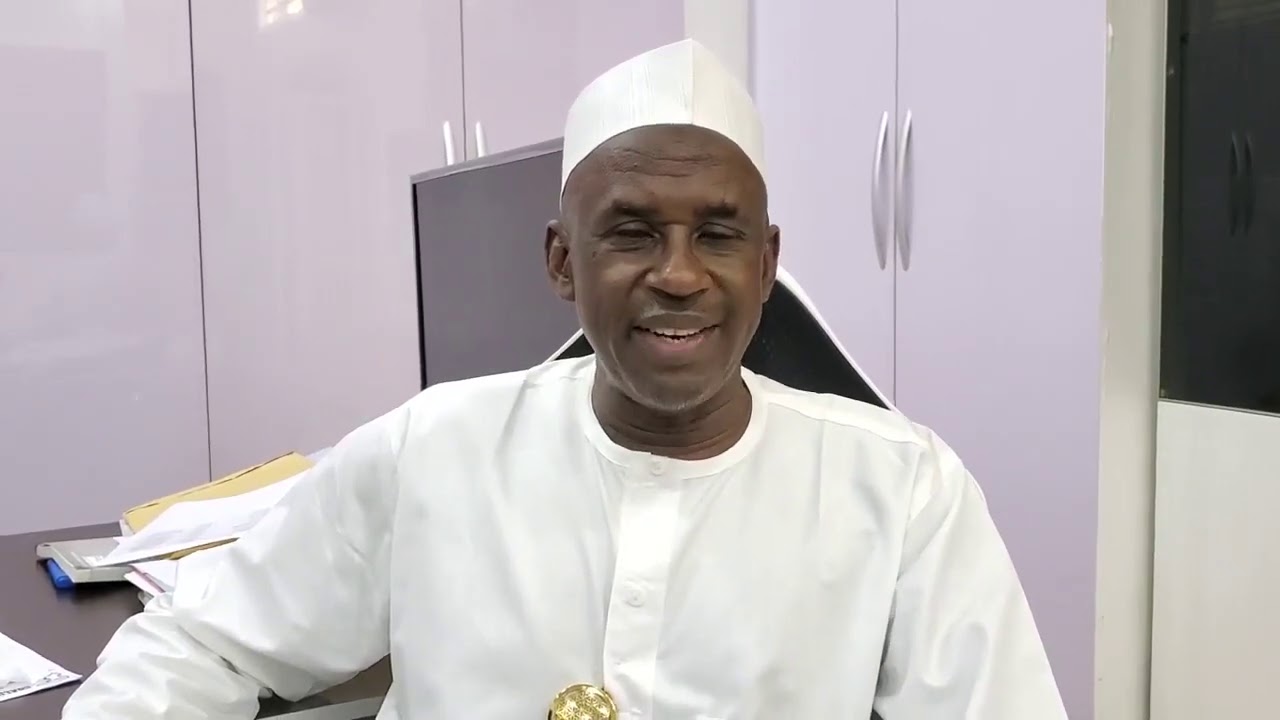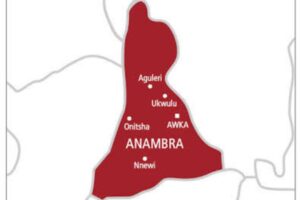ECOWAS parliament mulls amendment of Supplementary Act
The Joint Committee of the ECOWAS Parliament on Administration, Finance, Budget, Public Accounts, Macroeconomic Policy, and Economic Research is considering amendments to its 2016 Supplementary Act to grant full autonomy.
The move to grant the parliament full autonomy is gaining momentum at the ongoing decentralised meeting of the committee in Abidjan, Ivory Coast.
The 2016 Supplementary Act pertains to parliamentary autonomy and the enhancement of the powers of the ECOWAS Parliament.
Speaker of the ECOWAS Parliament, Memounatou Ibrahima, hinted at the amendment in her submission, calling for increased parliamentary power to achieve the “ECOWAS of the People Agenda 2050.”
Chairman of the committee and Deputy Speaker of Nigeria’s House of Representatives, Benjamin Kalu, stated that it would be a waste of time and resources if the event concluded without making concrete and enduring recommendations on the act’s amendment.
He pledged to lead the parliament’s team to lobby the ECOWAS Authority of Heads of State and Government to promote transparency and accountability in the institution and achieve its integration goals.
Mr Kalu also assured that the parliament would intensify its oversight functions on the ECOWAS Commission to ensure that its finances are judiciously and transparently used for the benefit of community citizens.
ECOWAS Commissioner of Internal Services, Prof. Abdullahi Darma, noted in his presentation that electing parliamentarians directly would guarantee their full legislative authority.
He stated that ECOWAS member states owed levies of more than $600 million, which hindered integration objectives, productivity, and transparency and accountability.
Executive Director, African Centre for Parliamentary Affairs, Accra, Ghana, Dr Rasheed Draman. noted in his presentation that “if democracy is government by explanation, then scrutiny is an essential part of democracy.”
Speaking on the sub-theme “ECOWAS Parliament in community budget formulation and monitoring,” he stated that enhancing the powers of the parliament marked the beginning of its trajectory towards full legislative powers.
“While the parliament’s proposed role in the budget process of the community is quite elaborate and straightforward, the principle of co-legislation/co-decision is a novelty. This draws significantly from the experience of the European Parliament but falls short of giving Parliament the powers of the European Parliament,” he said.
(NAN)













Post Comment